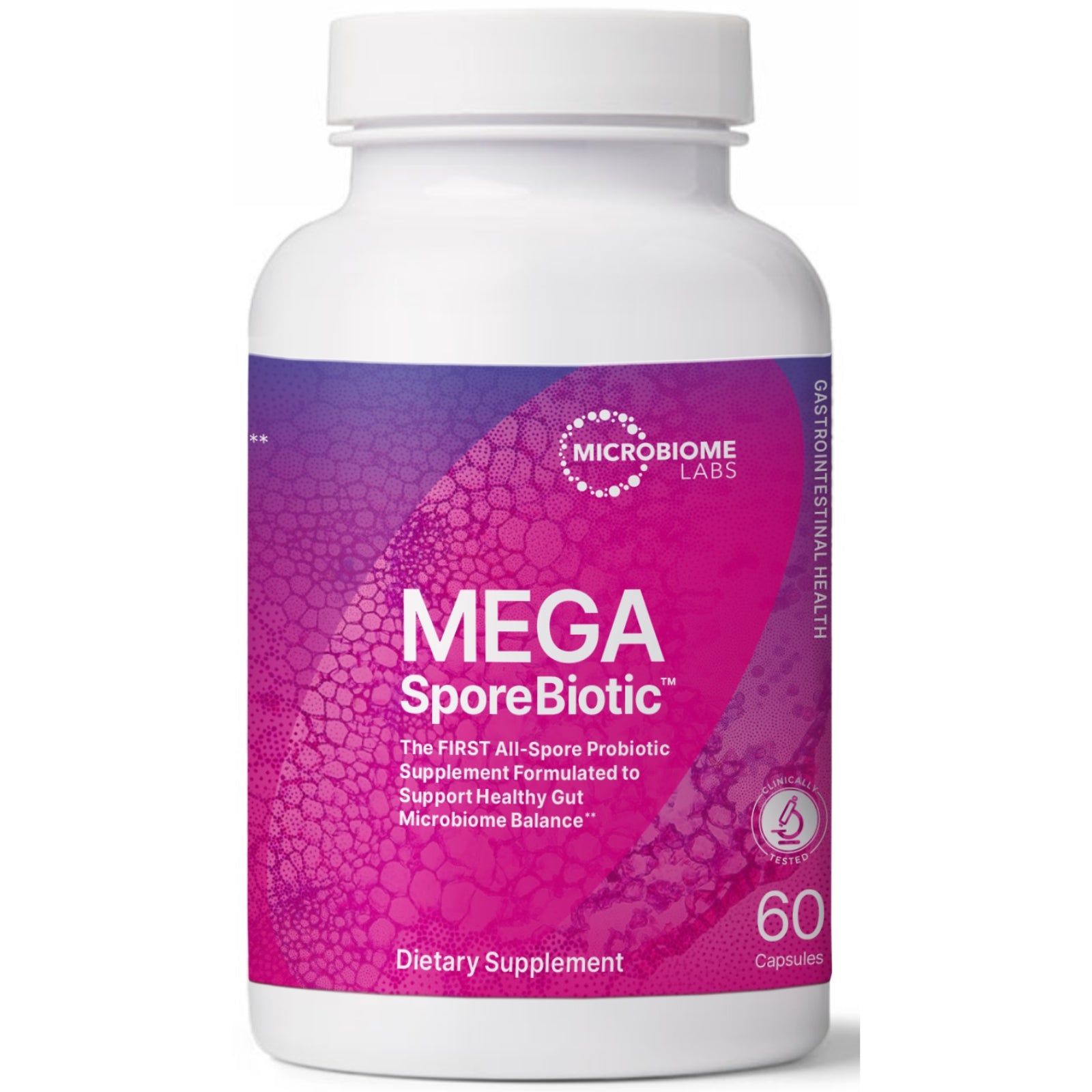
Food plays an important role in the development of a child’s brain. Children have very active and busy lives, now more than ever before. Their days are long and packed with schoolwork and after-school activities. The brain is constantly working to help fuel thoughts, movements, breathing, etc.; therefore, their bodies and brain need an adequate amount of fuel to stay energized and focused throughout the day. The brain consists of highly metabolically active tissue that requires a constant supply of calories and micronutrients to meet its energy needs. What kids eat or don’t eat can impact their overall development and cognitive function.
Here are 10 foods that can help kids be sharp and get the most out of their learning and activities:
- Eggs: Eggs are a great source of high-quality protein and choline.1 Adequate protein is essential for proper growth and development, whereas choline is a precursor to several neurotransmitters that help with cognitive development and memory function.1
- How to serve: Eggs can be served a number of different ways—scrambled, boiled, sunny-side up, over easy, etc. Pick your child’s favorite way of eating eggs and serve with whole grain toast for a hearty breakfast or an after-school snack.
- Salmon: Fish such as salmon, tuna, mackerel, etc. contain omega-3 fatty acids (EPA and DHA), essential fatty acids, which are crucial for brain growth and development.1 Including at least two servings/week of omega-3-rich food can help support cognitive function.
- How to serve: Introduce the kids to different types of fish early on, because eating fish/seafood can be an acquired taste for many. Try making salmon patties, tacos, or grilled sandwiches.
- Green leafy vegetables: Spinach, kale, collards, etc., not only contain dietary fiber but are also packed with antioxidants and phytonutrients such as folate and lutein, which can help support cognitive development and memory.2
- How to serve: Kids usually aren’t thrilled about eating their greens. So, you can try hiding spinach, kale, or other greens into a smoothie, quiche, pasta sauce, or omelet.
- Blueberries: Blue and purple fruits and vegetables such as blueberries, purple grapes, and eggplant contain anthocyanin, a polyphenol shown to support brain health and function by positively affecting memory and focus.3
- How to serve: Add blueberries to whole grain pancakes and Greek yogurt for a hearty, protein-rich breakfast.
- Almonds: Almonds contain vitamin E, an important nutrient that aids with neurological functions such as balance and coordination.1
- How to serve: Swapping out peanut butter in sandwiches for almond butter is a great way of incorporating almonds in their diet. Another great way of including almonds is adding them in pesto sauce instead of pine nuts and serving over whole grain pasta.
- Meat: Lean meats such as beef, chicken, turkey, etc., are a rich source of vitamin B12.1 Vitamin B12 is required for rapid cell growth and division, especially during fetal brain development. Inadequate B12 status can impact cognitive functioning and impair brain growth.1
- How to serve: Try making beef kebobs or add shredded chicken or turkey in soups, stews, chili, or wraps.
- Avocados: Avocados contain a rich supply of monounsaturated fatty acids or “healthy” fats that help support overall vascular function which can help deliver adequate nutrients to the brain.1
- How to serve: Avocados are another food that can be an acquired taste. Adding avocado into a smoothie is a great way to mask the taste and add creaminess.
- Beets: Beets are a good source of nitrates, which help support blood flow to the brain and promote mental performance.4
- How to serve: When mixed into foods, beets can turn any food into a fun bright jewel color that’s fun to eat. Try mixing beets into hummus, pasta sauce, or hash browns.
- Dark chocolate: A small amount (1-2 ounces) of dark chocolate is a great addition to the diet due to the high content of flavonols it contains. Flavonols are phytonutrients containing anti-oxidative properties that may help support memory and brain function.1
- How to serve: Rather than choosing milk or white chocolate, look for at least 70% dark cocoa when selecting chocolate. Instead of giving your children hot chocolate from a mix, create a healthier version by mixing a tablespoon of dark cocoa powder with warm almond milk.
- Turmeric: Turmeric is an ancient spice that has been used for centuries in India. It contains curcumin, a polyphenol that gives turmeric its yellow color. Curcumin contains anti-oxidative properties, which may help with cognitive function.1
- How to serve: Create your version of “golden milk” by adding 1 teaspoon turmeric powder to warm almond milk.

